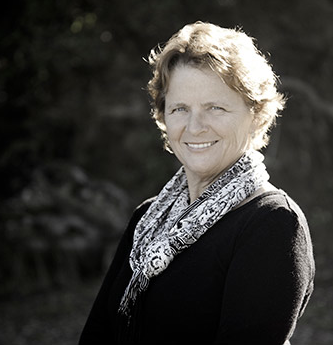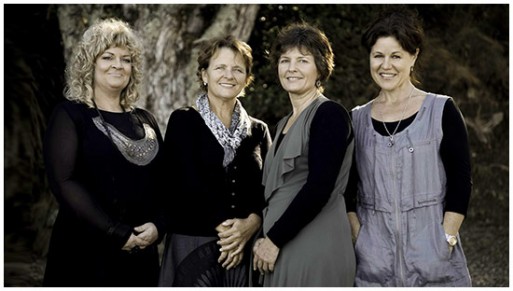This is part two of SevenPonds’s interview with with Deb Cairns (read part one here) of State of Grace: Family Directed Funerals in Auckland, New Zealand. After her dear friend died of cancer, she was inspired to create in-home or family-directed funeral services that provide a “caring, compassionate and highly personalized approach to death care and funeral arrangements.”
MaryFrances: On a practical level, what are some of the cost differences between a traditional and home funeral?
Deb: Home funerals are significantly cheaper. There is no cost of embalming nor any cost of having the person transported and then stored at a funeral parlor.
In terms of emotional cost, having the opportunity to fully care for the one you love, in a place you know they would be happy, is huge. As is having unrestricted access to them; to sit quietly and grieve, to talk, to hold their hand and lie next to them…this can all happen at home.
MaryFrances: Have you seen a rise in the public’s acceptance and desire for home funerals?
Deb: There is a very slow rise in the numbers of people who choose them, and we can expect that to increase as they spread the word about their experience.
MaryFrances: What are some of the biggest fears and anxieties of your clients?
Deb: The most common fear is the fear of actually being responsible for the physical body of their loved one. Ironically, this is often from people who have cared for them for months at home in circumstances of much greater responsibility and risk!
We do our best to allay the fears, talk them through any concerns and reassure family that we will visit as often as they need us to. We have only once had to come to the home to transfer someone to our cool room – there was one family member who was not comfortable having the person at home, so the decision was made. We occasionally recommend that we take the deceased person with us if we are concerned about their physical state.
We will keep an eye on them while they are with us and then usually take them home after we are confident that there will not be any unpleasant complications. Sometimes, too, we arrive at a home where family are exhausted and often in these situations we will suggest we take their loved one with us just for a night, to settle them and cool them and bring them home the next day.
MaryFrances: Do you have a memorable experience about your work that you could share?
Deb: Probably over 1,000! We experience something pretty wonderful with almost every family. With our funerals, we experience great joy, great sadness, laughter—you name it. But there was one family in particular, some years back: one daughter had given up her career to care for her elderly mum. When the mum died, the five sisters had to work together to plan the funeral and initially could not sit in the same room as there was so much bitterness. We began planning the ceremony, and they reverted to their place in the “sibling order” with comments such as, ‘she always makes the decisions,’ ‘don’t bother asking me’ or ‘they never take any notice.’, etc., and literally had their backs to each other.
Eventually, I persuaded them to come upstairs to their mum’s room to help dress her. There was a small exchange, a little conversation, a palpable thawing. We drew up a roster of who would change the ice packs on their darling mum and left. The next day, we gathered together again, and they excitedly told me about how well they had done with the care of their mum through the day and night – they really needed me to tell them how wonderful they were and it occurred to me that these professional women, in their late 50s, needed to be reassured and mothered! They had not spoken for over 25 years and it was their mother’s death that actually brought them together again.
Deb’s 3 Tips:
1) Do your research well ahead of time.
2) Find out who will be willing to care for your family and establish a relationship with them ahead of time.
3) Make key decisions, such as casket and venue choice now.
MaryFrances: What are some of the biggest misconceptions associated with death and end of life?
Deb: One of the most common fears is that the body of the person who has died is somehow filled with germs and could cause disease. Now and then, we meet a family who is afraid to touch the body of the person they love, so we gently work through that process too. People often have fear around having the person brought home – not once has anyone regretted having their loved one at home and we have cared for over 1,000 families.
MaryFrances: How has your relationship with death and dying changed since your work with home funerals?
Deb: I am none the wiser about what happens after we die, but I have had too many experiences over the past seven years to think that the body becomes an empty shell. There is a real air of peace around most of the people we care for, something sacred that is difficult to articulate.
MaryFrances: Thanks, Deb!
Deb: Thank you.

 What is an Eco Funeral? An Interview with Deb Cairns, Part Two
What is an Eco Funeral? An Interview with Deb Cairns, Part Two




 “Making Mobiles” by Karolina Merska
“Making Mobiles” by Karolina Merska
 “Hands Up to the Sky” by Michael Franti & Spearhead
“Hands Up to the Sky” by Michael Franti & Spearhead
 Coping With Election Grief
Coping With Election Grief














